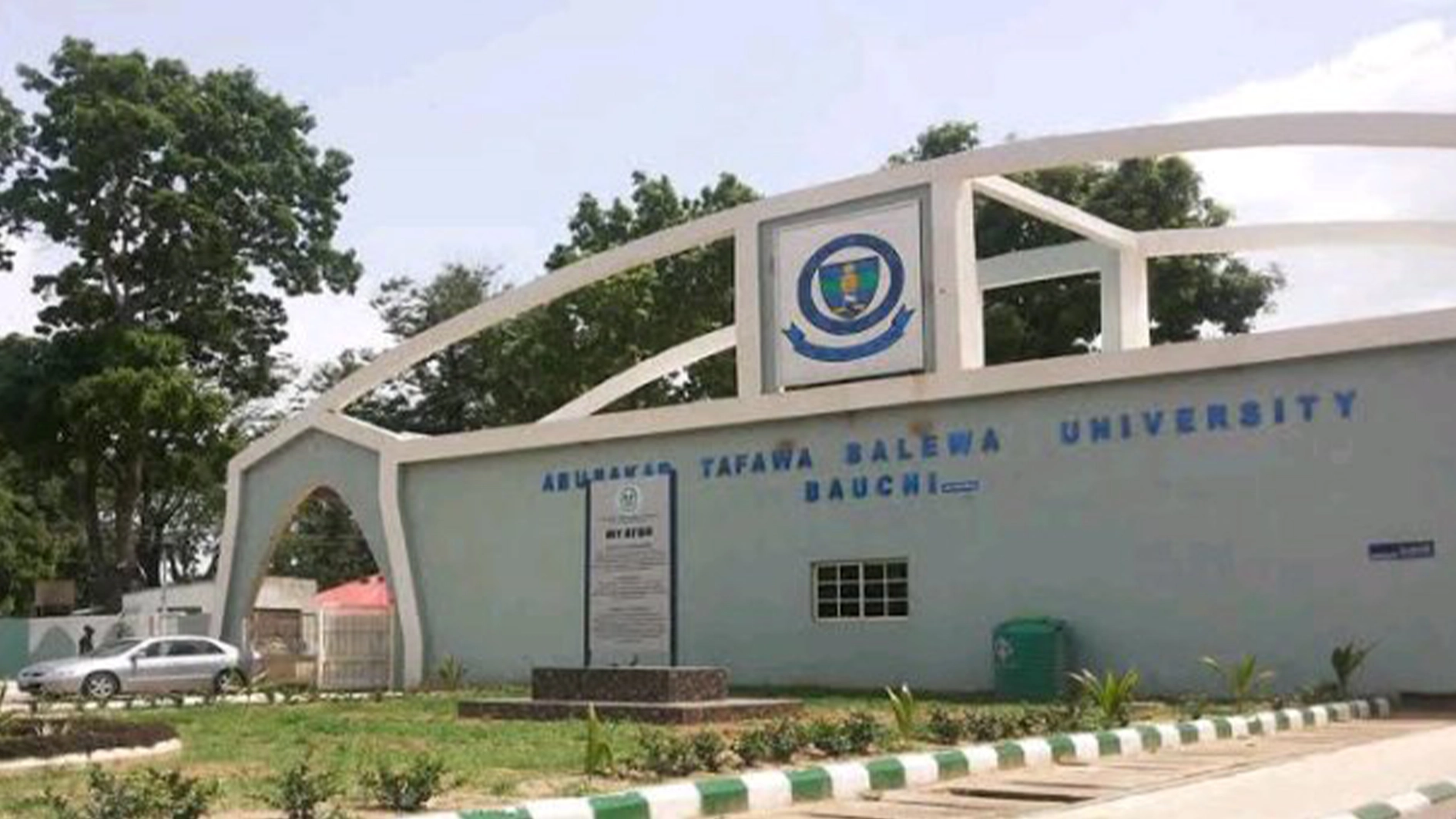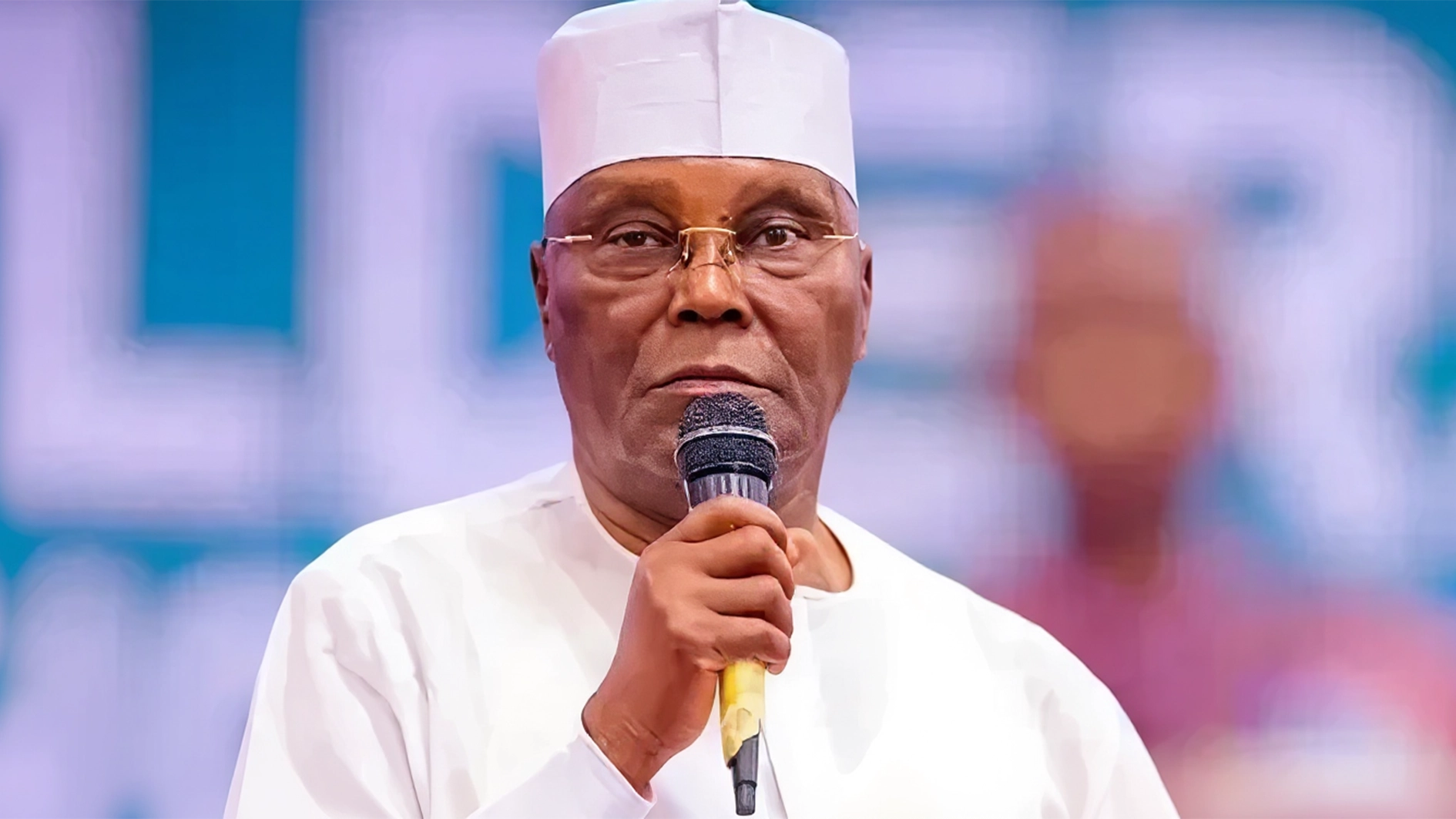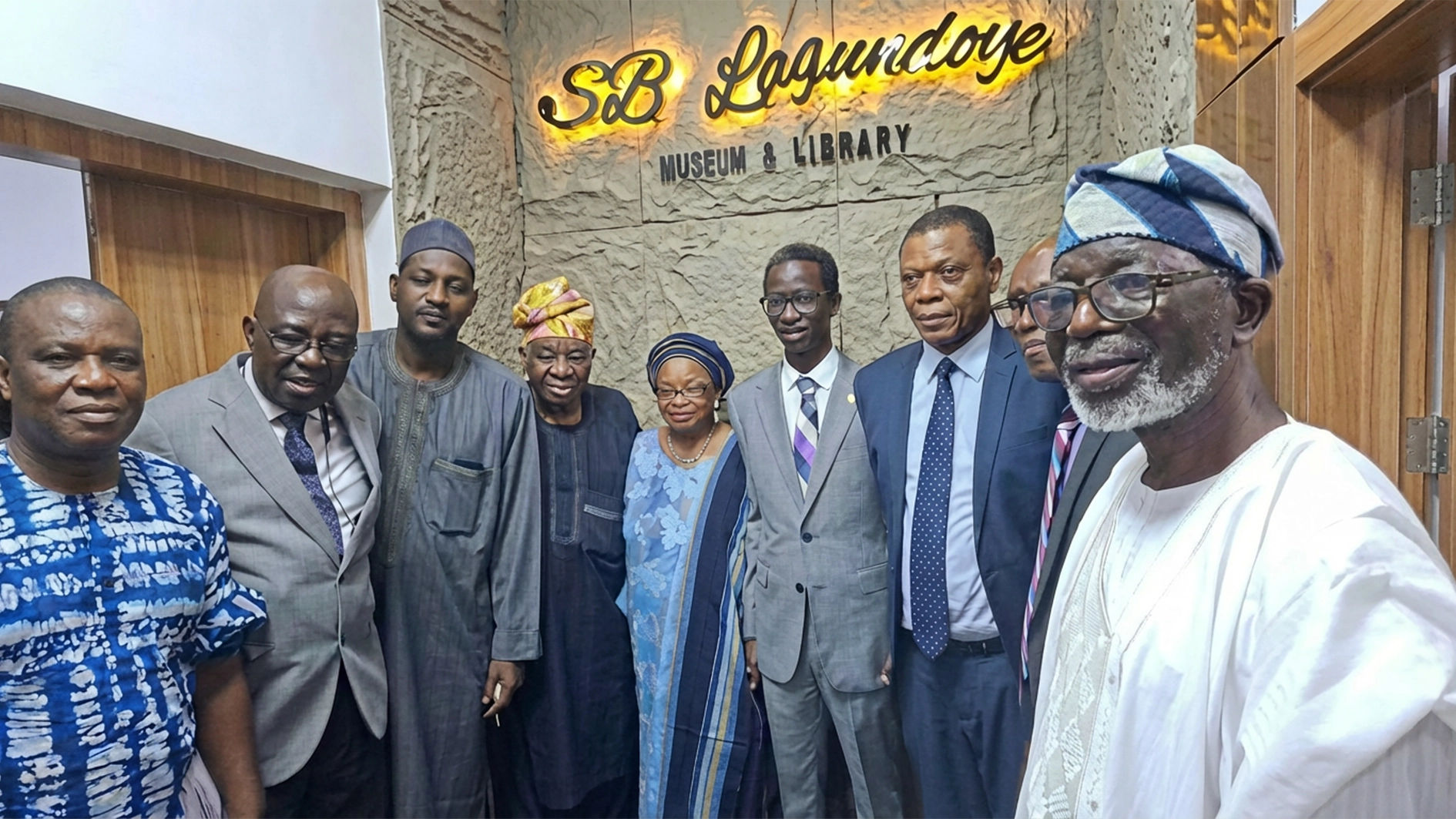The Association of Bursars of Nigerian Universities have joined the call for improved funding of tertiary education in line with the United Nations Educational, Scientific and Cultural Organisation’s (UNESCO) recommendation of 15 per cent budgetary allocation to enhance teaching and learning.
To tackle the challenge, the group called for a mixed model of funding for the universities and also canvassed tax exemption for the country’s education sector.
Speaking at the unveiling and official launch of the official magazine of the association- the University Exchequer, in Abuja, the Deputy Governor of Delta State, Monday Onyeme, explained that the mixed funding model is a strategic blend of transitional and innovative revenue streams tailored to each university’s context.
Onyeme, a former Bursar at the National Open University of Nigeria (NOUN), said inadequate funding of public institutions has resulted in incessant strikes by the various staff unions over the years, resulting in disruption of the academic calendar.
Besides, Onyeme lamented that poor funding of tertiary education has led to poor research outcomes and infrastructural decay on most university campuses.
To address this, he called for a mixed funding model, stressing that today’s bursars are not mere administrators, but must become visionaries of financial transformation.
“If you go to some universities, you will see some old infrastructures that are decayed and abandoned because resources are unavailable to sustain or maintain them. The solution to this is a mixed funding model; we do not want to depend on just one source of income. We must be able to have the capacity to look at all the various sources of funding and put up a mixed model that suits a particular institution. It is a paradigm shift we must embrace.”
To address the funding challenge, Onyeme said there is a need to continuously pressure the government to increase its funding to universities to at least meet the UNESCO minimum standard.
“We can draw out a programme for the government to gradually increase the budgetary allocation to education over a period of time, maybe over five years. Since we have achieved seven per cent, we can make it nine per cent by 2026, 11 per cent by 2027, and so on, till we get to that minimum standard of 15 per cent threshold.
“The second source of funding we are advocating for in this mixed model is endowment and alumni engagement. We must make a deliberate effort to establish endowment offices for structured fundraising,” Onyeme stated.
Former Vice-Chancellor, Nasarawa State University, Keffi, Prof. Muhammad Mainoma, called on the government to make all education matters tax-free.
He also advised bursars to judiciously manage the scarce resources available to them, adhering to strategic planning, monitoring and evaluation, accountability, revenue diversification, regulatory compliance and risk management.






